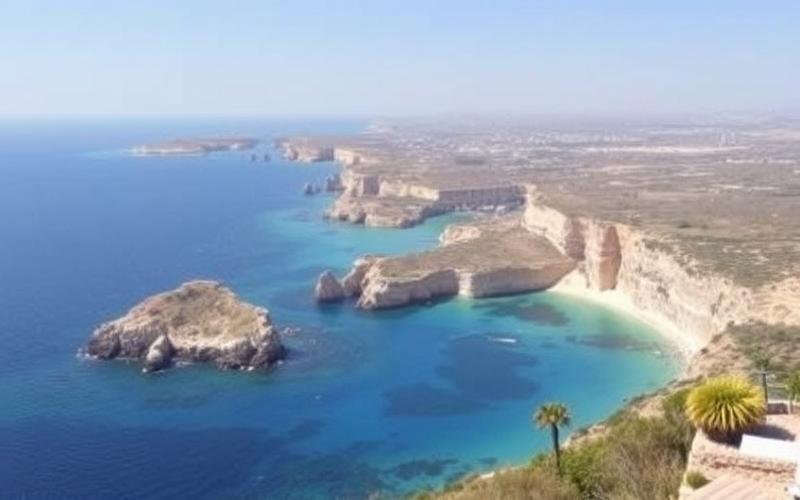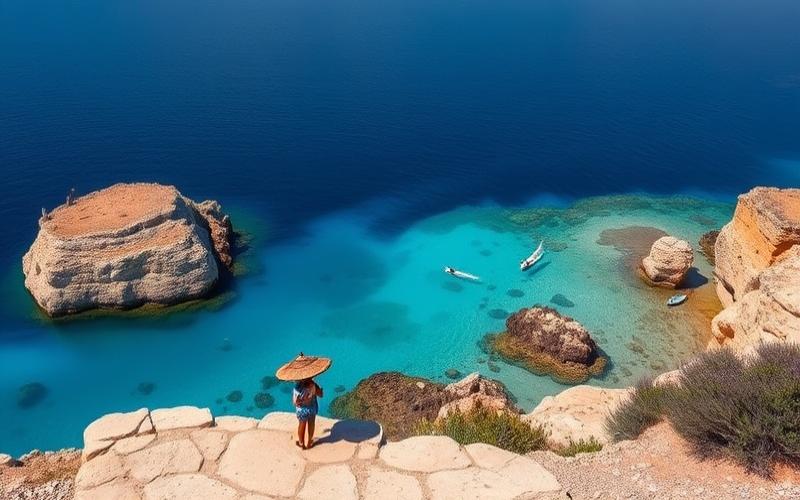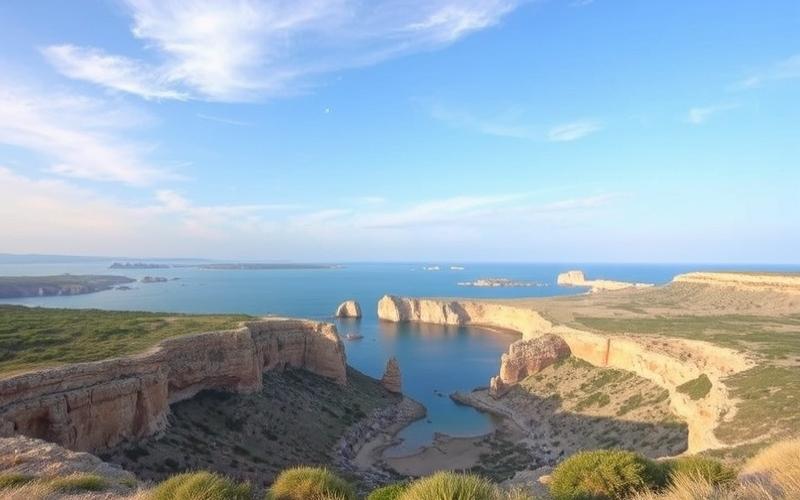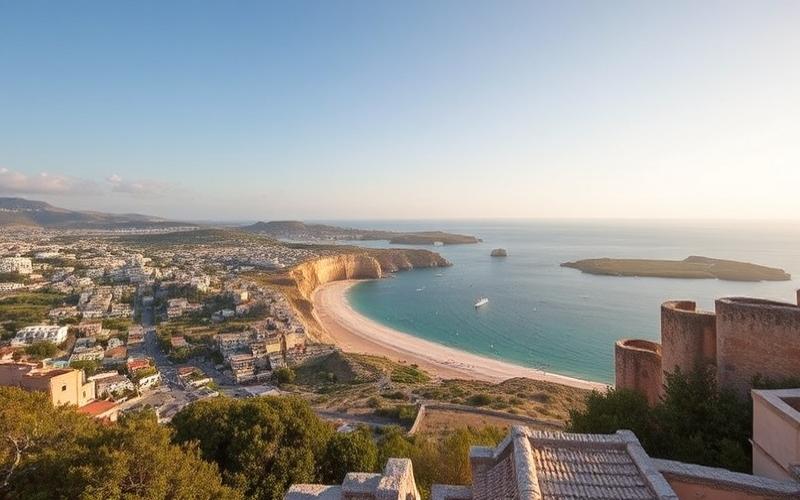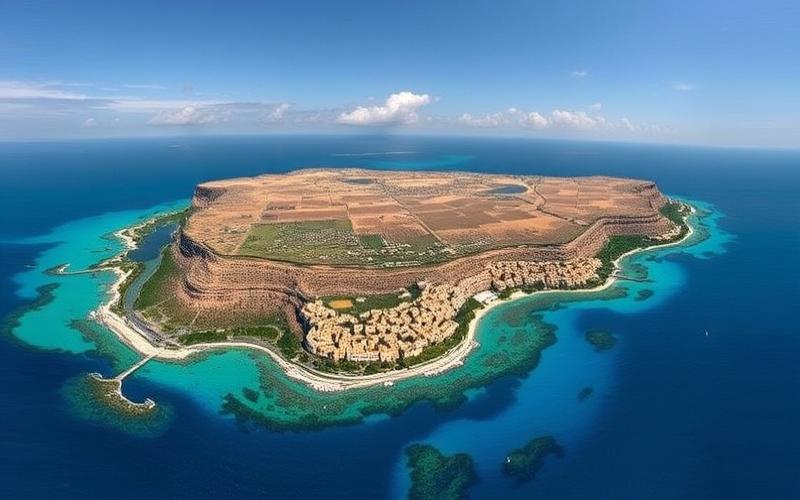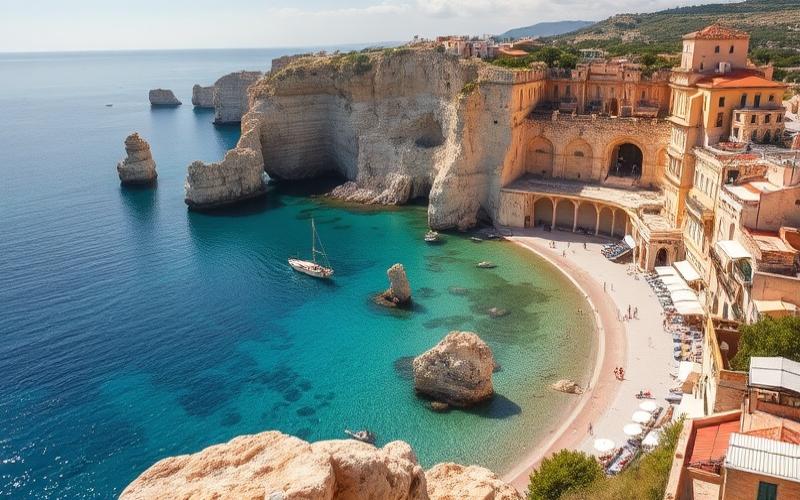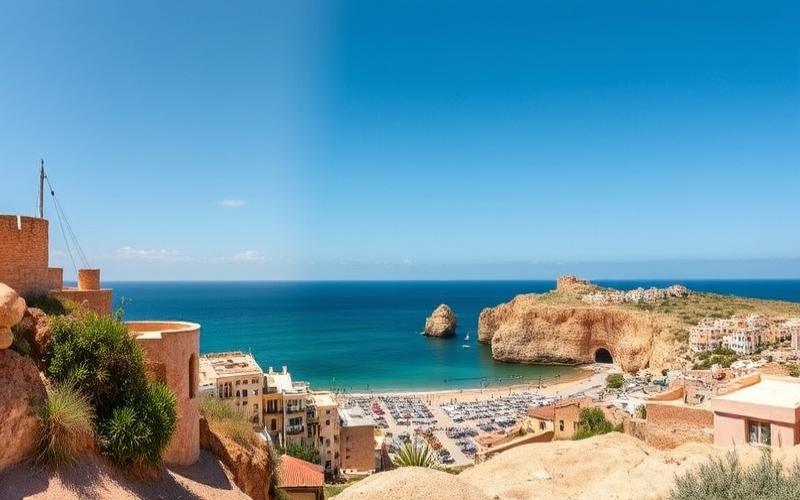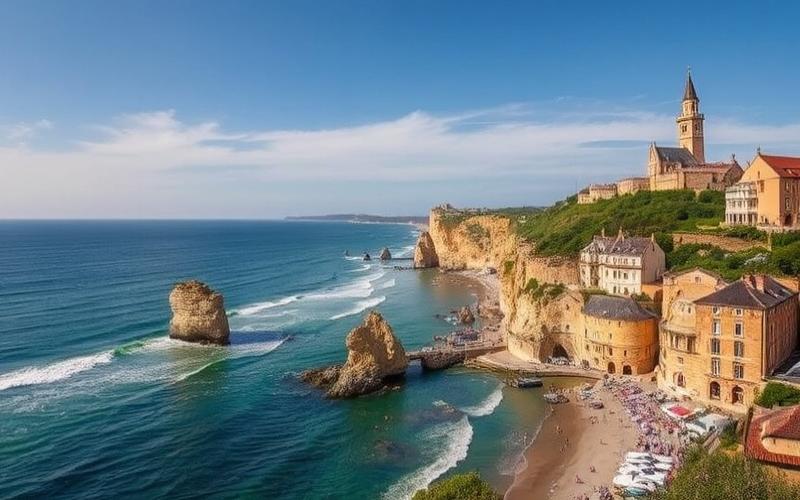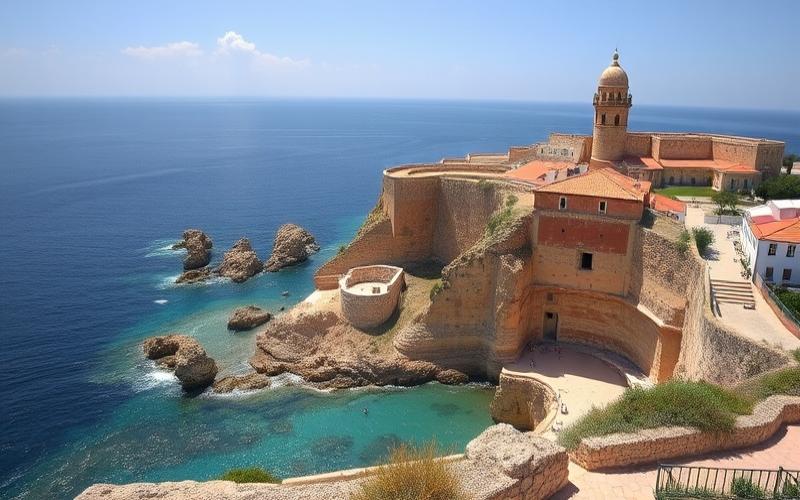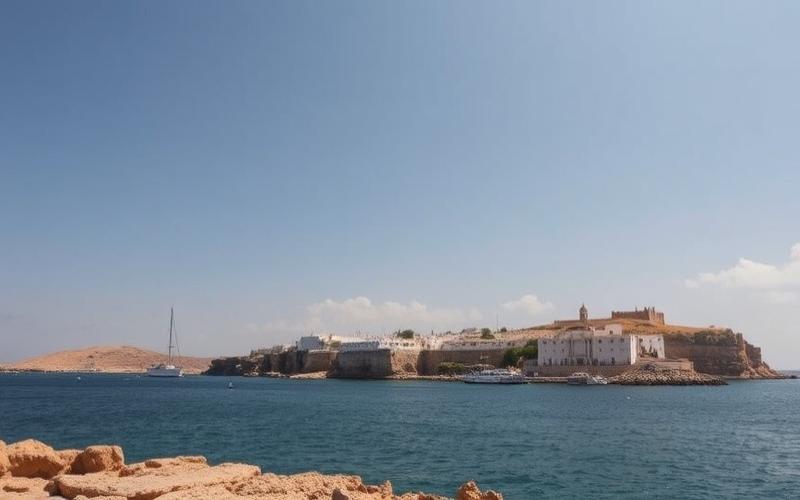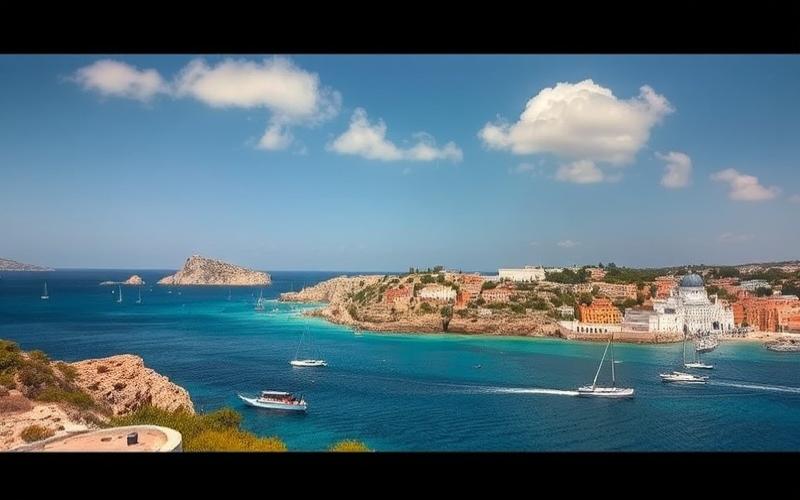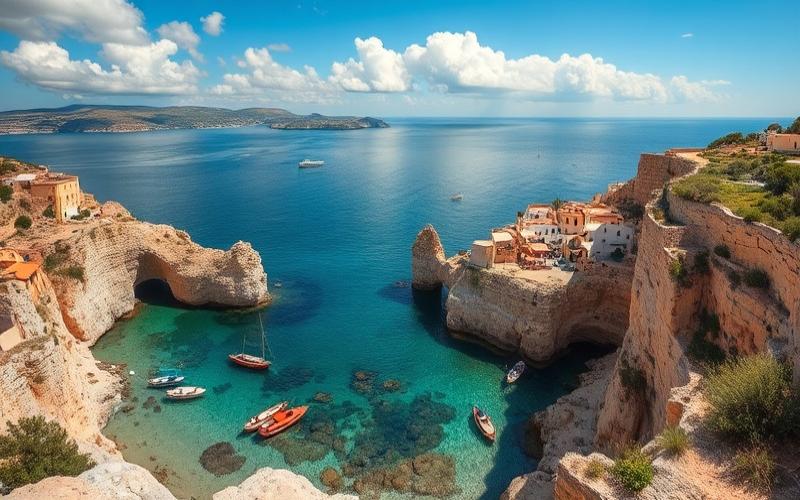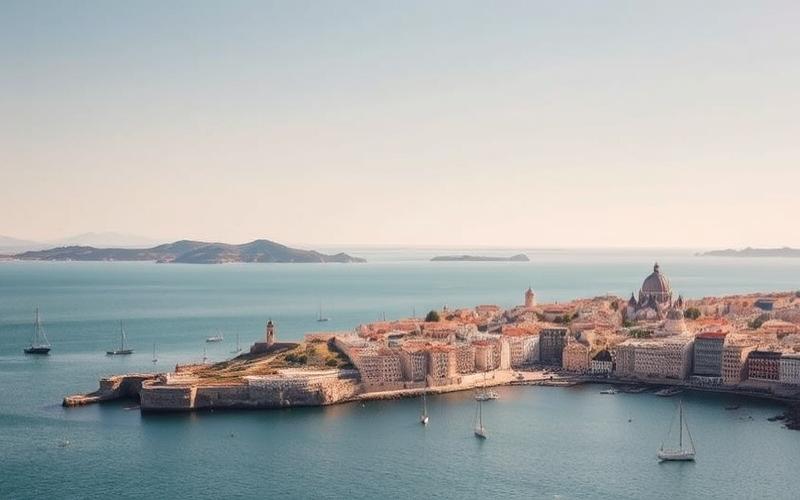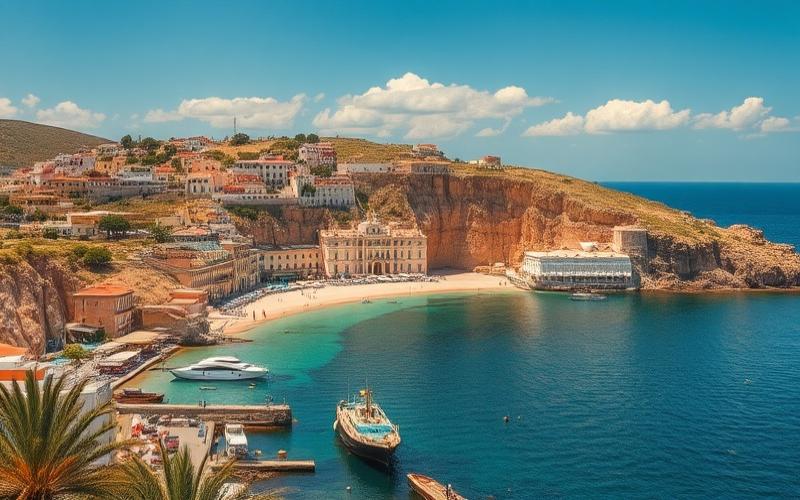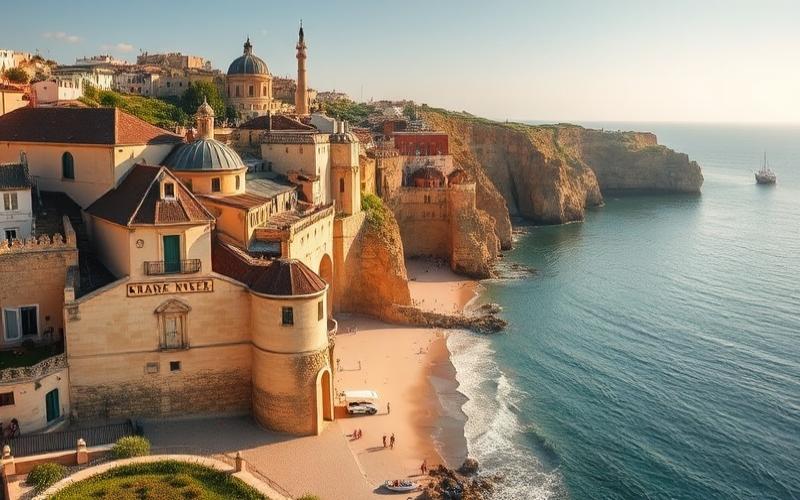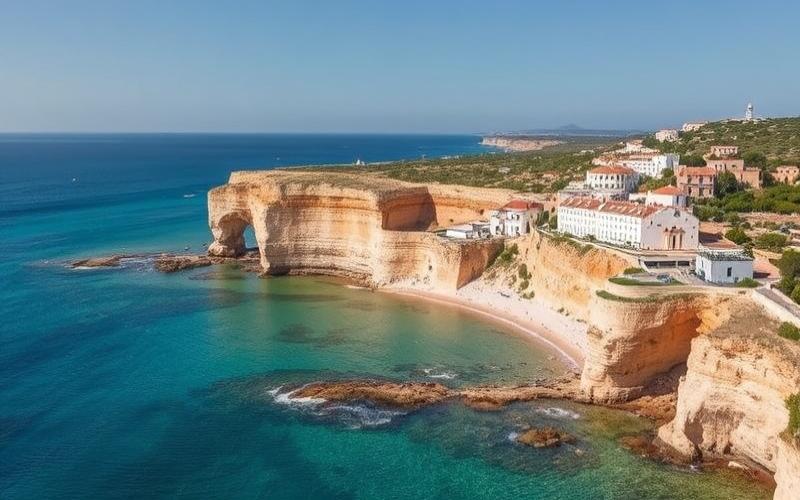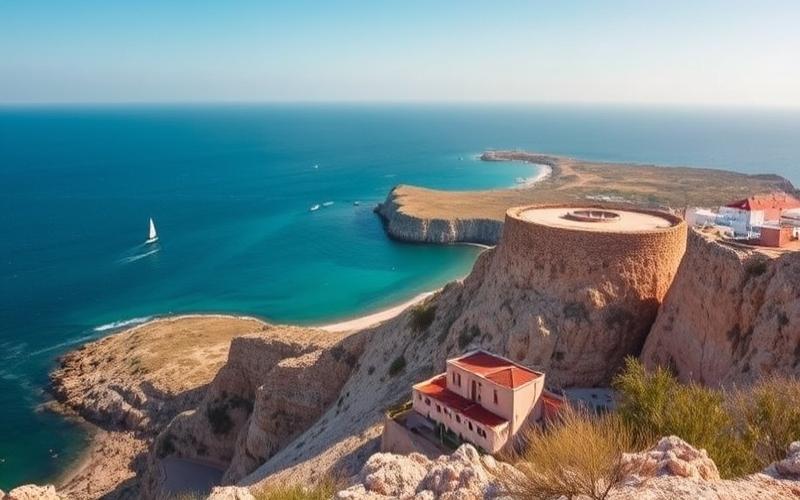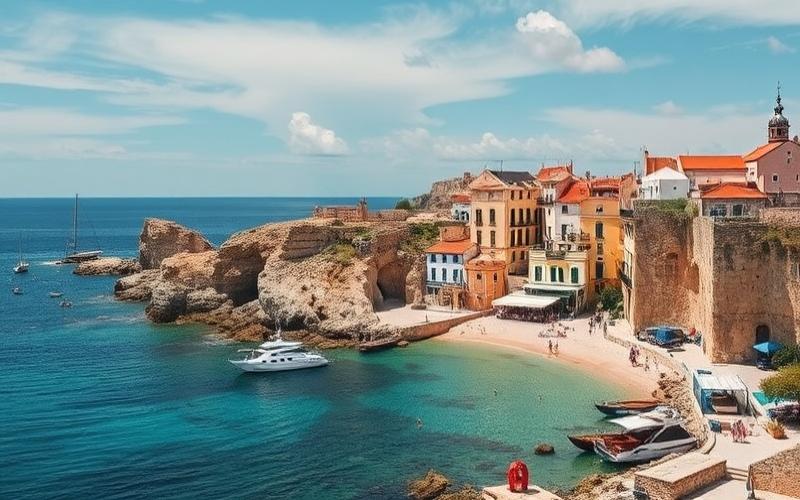
 Published on and written by Cyril Jarnias
Published on and written by Cyril Jarnias
Malta, a small Mediterranean archipelago at the crossroads of Europe and Africa, has become a top destination for expatriates seeking to pursue higher education abroad. With its quality education system, pleasant living environment, and international openness, Malta offers numerous opportunities for adult students looking to acquire new skills or change careers. In this article, we will explore in detail the higher education options available in Malta for expatriates, covering all practical aspects of this enriching experience.
The Maltese University System
The higher education system in Malta primarily revolves around the University of Malta, a public institution founded in 1592, along with several specialized institutes. Instruction is delivered in English, which facilitates integration for international students.
The University of Malta offers a wide range of programs across 14 different faculties, spanning from arts to sciences including law, medicine, and engineering. It hosts approximately 11,500 students, including nearly 1,500 international students.
The Malta College of Arts, Science and Technology (MCAST) is another major player in Maltese higher education. It offers vocational training in various technical and technological fields.
The Institute of Tourism Studies (ITS) specializes in tourism and hospitality professions, key sectors of the Maltese economy.
These institutions offer internationally recognized degrees, aligned with the European LMD system (Bachelor’s-Master’s-Doctorate):
- Bachelor’s degree: 3 to 4 years of study
- Master’s: 1 to 2 years after the bachelor’s
- Doctorate: minimum 3 years after the master’s
Good to know:
The Maltese education system is heavily influenced by the British model, which facilitates equivalencies with many English-speaking countries.
Admission Procedures for Expatriates
Admission procedures vary by institution, but here are the main steps to follow when applying to a Maltese university as an expatriate:
1. Check academic prerequisites: Ensure your previous degree is recognized and equivalent to the required level for the desired program.
2. Prove your English proficiency: An IELTS or TOEFL test is generally required for non-native English speakers.
- The institution’s application form
- Your transcripts and diplomas translated into English
- A motivation letter
- Letters of recommendation
- A copy of your passport
4. Meet deadlines: Application deadlines vary by program but are generally between February and July for a September start.
5. Pay application fees: Expect approximately €100 to €150 in non-refundable fees.
6. Wait for admission decision: Response time is typically 4 to 8 weeks.
Good to know:
For non-EU nationals, you will also need to obtain a student visa once admission is confirmed. The process can take several weeks, so plan ahead!
Degree Recognition and Equivalencies
Recognition of foreign degrees in Malta is managed by the Malta Qualifications Recognition Information Centre (MQRIC). This body evaluates foreign qualifications and issues equivalence certificates.
To have your degree recognized:
1. Gather all necessary documents (original diploma, transcripts, certified translations) 2. Complete the online application form on the MQRIC website 3. Pay the evaluation fee (approximately €50) 4. Wait for the decision (typically 3 to 4 weeks)
This process is essential for continuing your studies or working in Malta. It also facilitates the international recognition of your future Maltese qualifications.
Good to know:
Malta is part of the European Higher Education Area, which facilitates mutual recognition of degrees with other member countries.
Funding Studies for Expatriates
Unlike Maltese and European students who benefit from free education, non-EU expatriates must pay tuition fees. These vary by program:
- Bachelor’s: €8,500 to €13,000 per year
- Master’s: €10,800 to €26,000 per year
- Doctorate: approximately €13,000 per year
Several options are available to fund your studies:
International scholarships: The University of Malta offers some scholarships for foreign students, including the “Malta Government Scholarship Scheme.” Also inquire with your home country and international organizations.
Student loans: Some Maltese banks offer specific loans for international students. Compare offers and repayment conditions.
Student work: International students can work up to 20 hours per week during their studies. The minimum wage in Malta is approximately €800 per month.
Exchange programs: If you are already a student in your home country, consider a study abroad program in Malta through programs like Erasmus+, which offer mobility scholarships.
Good to know:
The cost of living in Malta is relatively affordable compared to other European destinations. Budget approximately €700 to €900 per month for housing and food.
Continuing Education and Programs Adapted for Expatriates
Malta offers numerous continuing education opportunities for adult expatriates already in the workforce:
Part-time programs: The University of Malta and MCAST offer programs tailored for professionals, with evening and weekend classes.
Short-term programs: Short-term certificates and diplomas (3 to 12 months) are available in various fields, allowing for quick skill upgrades.
Online programs: The University of Malta is developing its e-learning offerings, ideal for expatriates with time or mobility constraints.
Corporate training: Many Maltese companies offer continuing education programs to their expatriate employees.
Language courses: Specialized schools offer intensive English or Maltese courses, essential for professional integration.
Good to know:
The Maltese government encourages lifelong learning and offers tax incentives for adults returning to studies.
Impact of International Education on Career
Pursuing higher education in Malta as an expatriate can have a significant impact on your career:
Language skills: You will improve your English and may learn Maltese, assets in the international job market.
International network: You will interact with students and professors from around the world, expanding your professional network.
Cultural adaptability: The experience of studying abroad develops open-mindedness and adaptability, qualities sought by employers.
Specialization in key sectors: Malta is a leader in certain fields like financial services, online gaming, and tourism. Training in these sectors can open interesting opportunities.
Access to the European market: A Maltese degree allows you to work easily throughout the European Union.
Career advancement: International education can help you access management positions or change careers.
Good to know:
Malta has sustained economic growth and lacks skilled labor in certain sectors. Job opportunities for graduates are plentiful.
Pursuing higher education in Malta as an expatriate is an enriching experience both personally and professionally. With its quality education system, international environment, and numerous career opportunities, Malta stands out as a top destination for adults looking to give new momentum to their career path.
Disclaimer: The information provided on this website is for informational purposes only and does not constitute financial, legal, or professional advice. We encourage you to consult qualified experts before making any investment, real estate, or expatriation decisions. Although we strive to maintain up-to-date and accurate information, we do not guarantee the completeness, accuracy, or timeliness of the proposed content. As investment and expatriation involve risks, we disclaim any liability for potential losses or damages arising from the use of this site. Your use of this site confirms your acceptance of these terms and your understanding of the associated risks.


